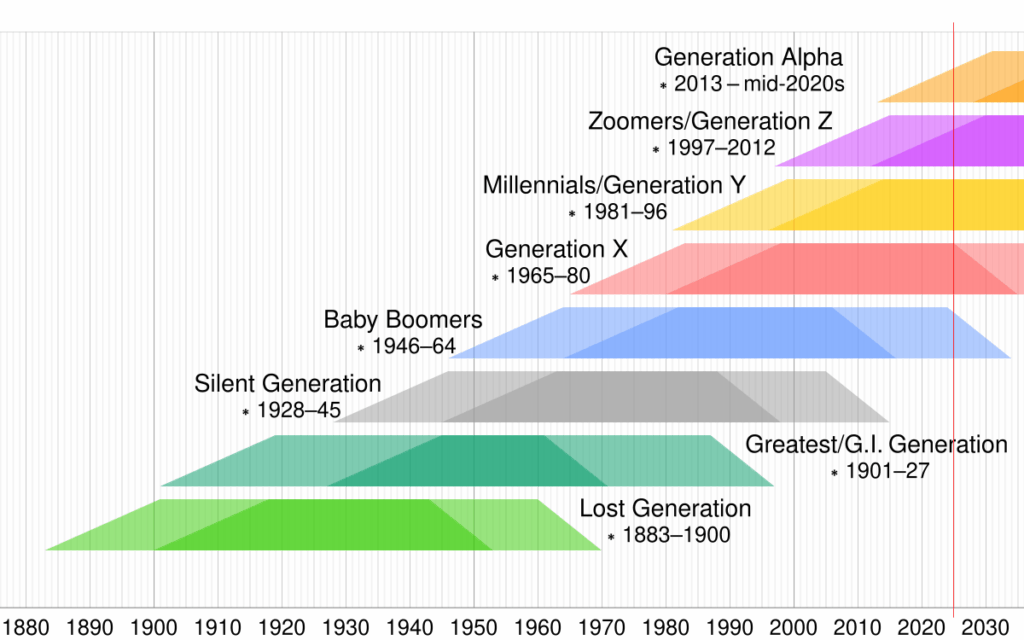
Introduction to Gen Z Years
The term ‘Gen Z’ refers to the generation born approximately between 1997 and 2012. As the youngest demographic cohort, they are becoming increasingly significant in various sectors including the economy, culture, and social activism. Understanding the unique characteristics and values of this generation is vital as they step into adulthood and begin to significantly shape the future.
Defining Characteristics of Gen Z
Gen Z is known for its tech-savviness, having grown up with the internet, smartphones, and social media. This constant connection has not only influenced their communication style but has also impacted their learning preferences, social interactions, and worldviews. According to a study by McKinsey & Company, 60% of Gen Z values authenticity in brand messaging, meaning they gravitate towards transparent and ethical companies.
Social and Economic Engagement
As of 2023, Gen Z is starting to enter the workforce, with approximately 27% of them already employed, according to Statistics Canada. They are expected to bring new work trends, emphasizing flexibility, inclusivity, and mental health awareness. Additionally, their shopping habits are distinct, with a strong preference for online purchasing and sustainability, influencing retail strategies globally.
Activism and Change
Gen Z is also known for its commitment to social and environmental issues. They have actively participated in movements addressing climate change, racial justice, and mental health awareness. For instance, a report from Pew Research Center highlighted that 74% of Gen Z members believe that climate change is a major threat, motivating significant youth-led campaigns worldwide.
Conclusion: The Future Shaped by Gen Z
As Gen Z continues to mature and assert its influence on society, their values and behaviors will likely provoke sweeping changes across industries and cultural norms. Businesses, governments, and educators will need to adapt to these shifts to stay relevant. In summary, the years of Gen Z not only mark a distinct phase in history but also signal the onset of a transformative era driven by new ideals and perspectives.



